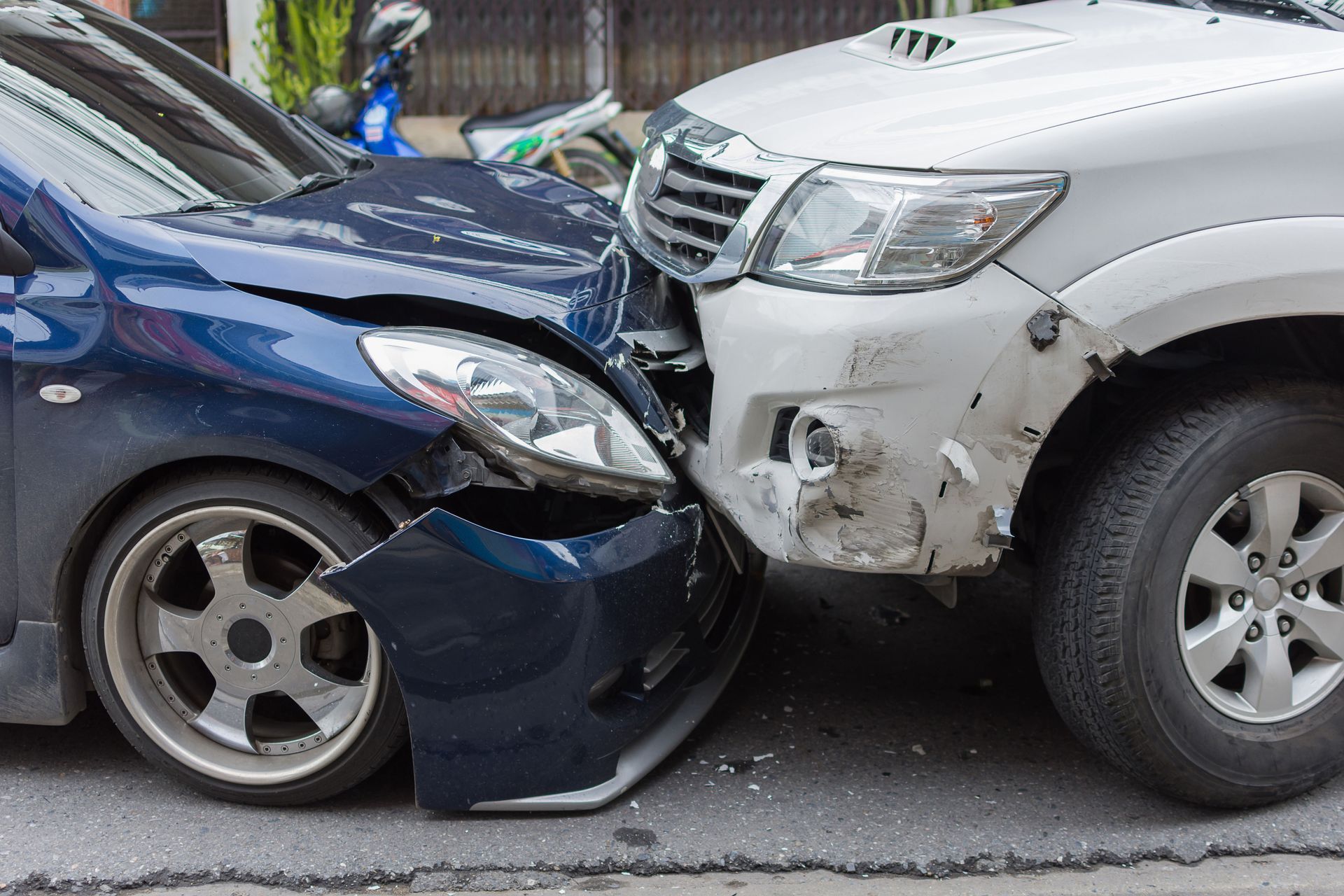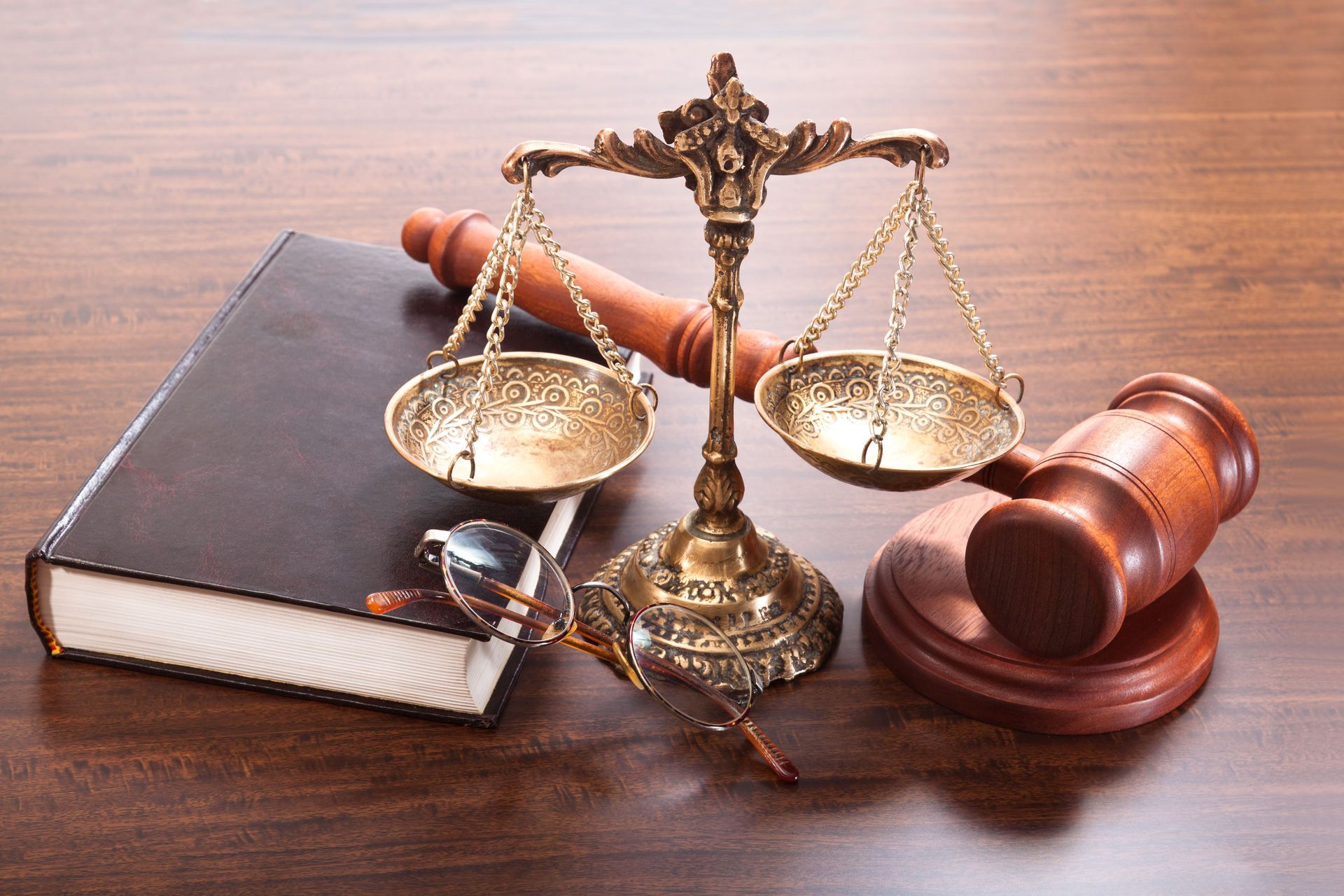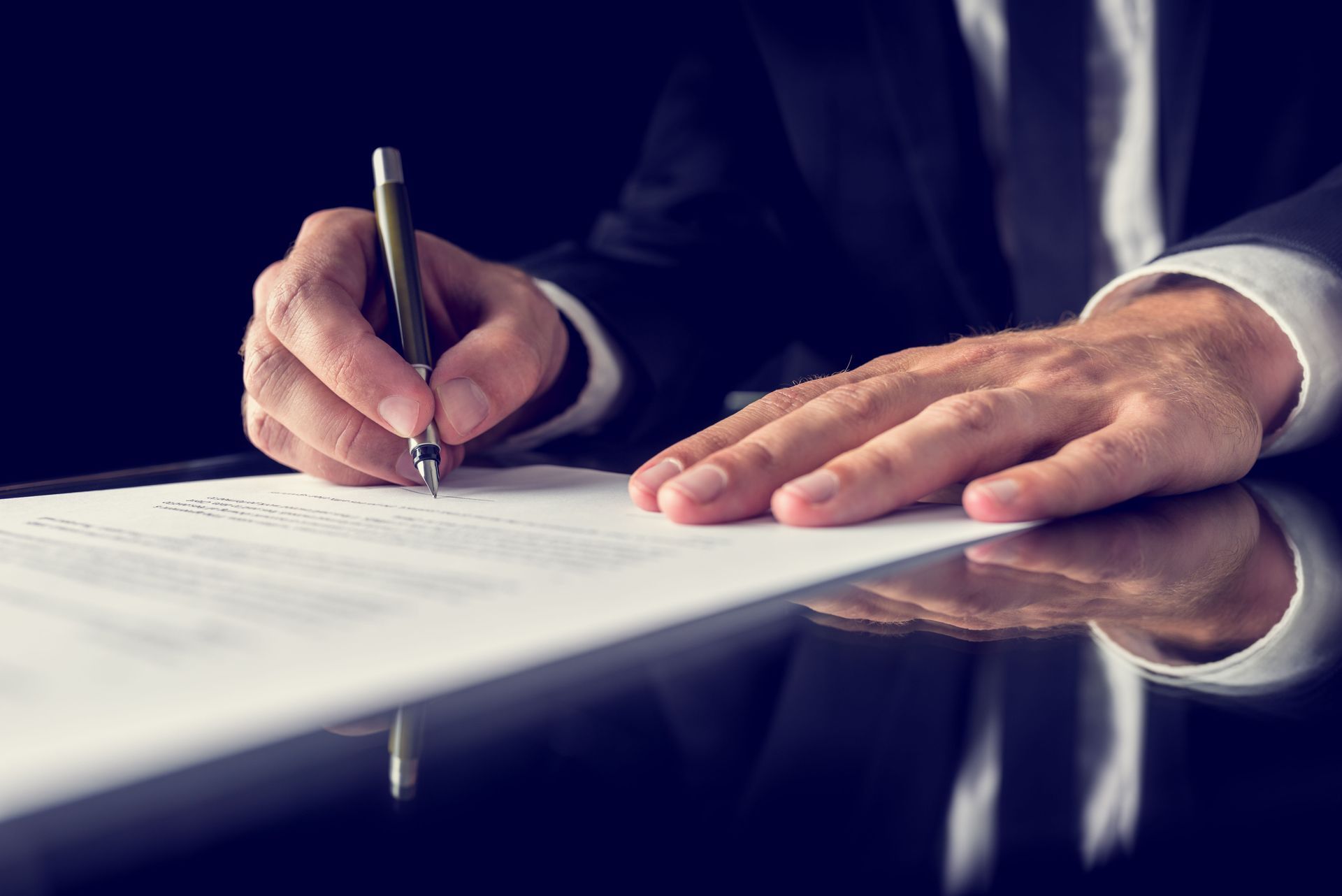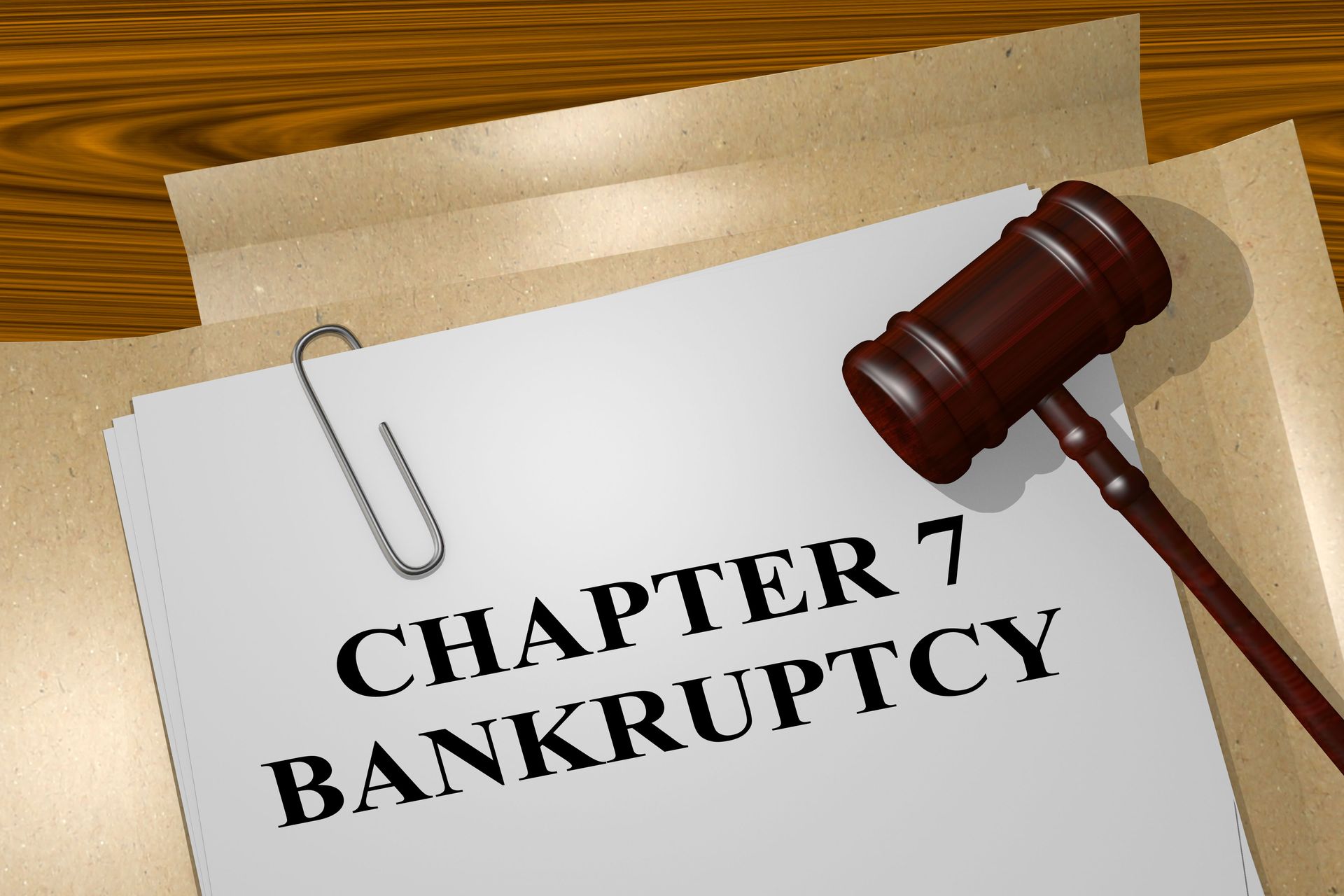Navigating Bankruptcy: When Is Chapter 7 the Right Choice?
Financial hardships can be overwhelming, and for many, bankruptcy may seem like the last resort to find relief. Chapter 7 bankruptcy, often referred to as "liquidation bankruptcy", provides individuals with a fresh start by wiping out certain debts. While it may seem a daunting step to take, understanding when Chapter 7 is the appropriate choice can be crucial in recovering from extensive financial distress. It allows individuals to eliminate unsecured debts, such as credit card balances and medical bills, without the burden of having to repay them. By filing for Chapter 7, individuals can stop the cycle of debt accumulation and work towards a more stable financial future.
Immediate Relief
One of the primary reasons individuals opt for Chapter 7 bankruptcy is the immediate relief from relentless creditor harassment. Once the bankruptcy petition is filed, all collection activities must cease immediately due to the automatic stay provision. This means no more harassing phone calls or threatening letters that can add to the individual's financial anxiety. For those overwhelmed by financial strain and constant creditor pressure, this aspect alone can be a compelling reason to consider Chapter 7. The peace of mind it provides allows individuals to focus on regaining control of their finances without the constant stress of creditor demands.
Financial Freedom
Chapter 7 bankruptcy is ideal for those whose debt primarily consists of unsecured liabilities, such as credit cards, medical bills, and personal loans. According to Investopedia, Chapter 7 bankruptcy is a legal process in which a debtor's non-exempt assets are liquidated to pay off creditors. Therefore, if the majority of your debt is unsecured, Chapter 7 can provide a clean slate. However, it's essential to note that certain types of unsecured debts, like student loans and child support, are generally not discharged in bankruptcy.
A Fresh Start
Moreover, Chapter 7 is beneficial for individuals with limited income and minimal assets. The eligibility for Chapter 7 requires passing a means test, which assesses your income relative to your state's median income levels. This makes it an attractive option for low-income individuals burdened by debt. For those whose income cannot feasibly cover their outstanding debts, Chapter 7 offers an opportunity to eliminate financial obligations and start anew. It's especially helpful for people facing job loss, medical emergencies, or reduced work hours- situations that leave little room for repayment. The process provides a legal, structured way to regain financial stability.
Asset Exemptions
Another critical consideration is the lack of substantial assets. If you don't own significant property or assets that could be liquidated, Chapter 7 could be advantageous. Most states allow debtors to keep essential items necessary for living and working, like modest vehicles, clothing, and basic household items. This exemption status ensures that filing for Chapter 7 won't leave you completely destitute, providing a crucial safety net for a fresh start. Additionally, these protections help maintain a baseline quality of life, enabling individuals to recover more quickly. Without the burden of losing everything, filers can begin rebuilding with a sense of security and dignity.
Lasting Effects of Bankruptcy
On the downside, filing for Chapter 7 has long-term implications that must be thoroughly considered. It remains on your credit report for up to ten years, potentially affecting your creditworthiness and ability to secure future loans. Despite this, many find the immediate release from debilitating debt and stress outweighs the potential credit impact. When made thoughtfully, filing can offer peace of mind and a viable pathway to financial recovery for those who evaluate the long-term benefits and consequences carefully. Over time, responsible financial practices and rebuilding credit can mitigate these effects, allowing individuals to regain financial freedom.
Chapter 7 bankruptcy isn't a decision to be made lightly. It requires a thorough assessment of your financial situation and an understanding of the repercussions involved. However, for those saddled with unmanageable unsecured debts, minimal assets, and low income, Chapter 7 can offer a natural resolution to financial distress. Consulting with a bankruptcy attorney can ensure you make an informed decision, navigating the process with as much clarity and confidence as possible. They can also help you explore alternatives, such as debt consolidation or negotiation, ensuring that Chapter 7 is truly the best option for your circumstances. To learn more about our bankruptcy services, reach out to our team at Broadnax & Martin P.C. today.







